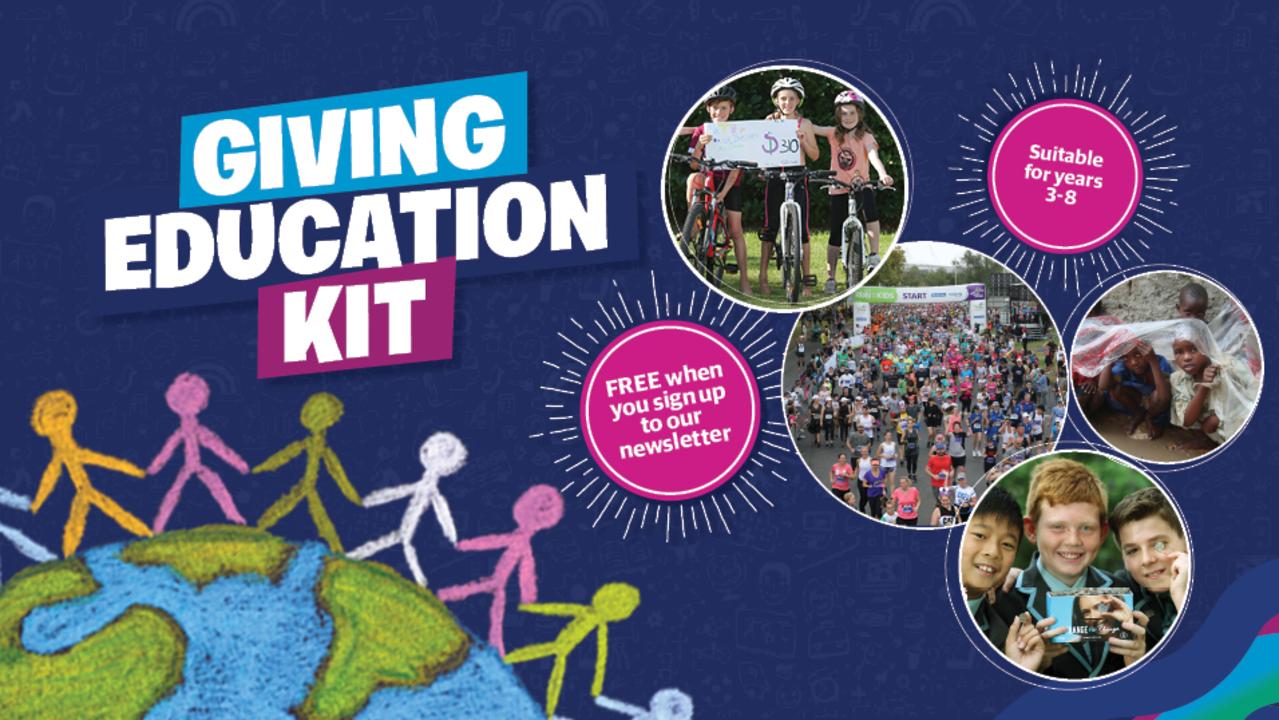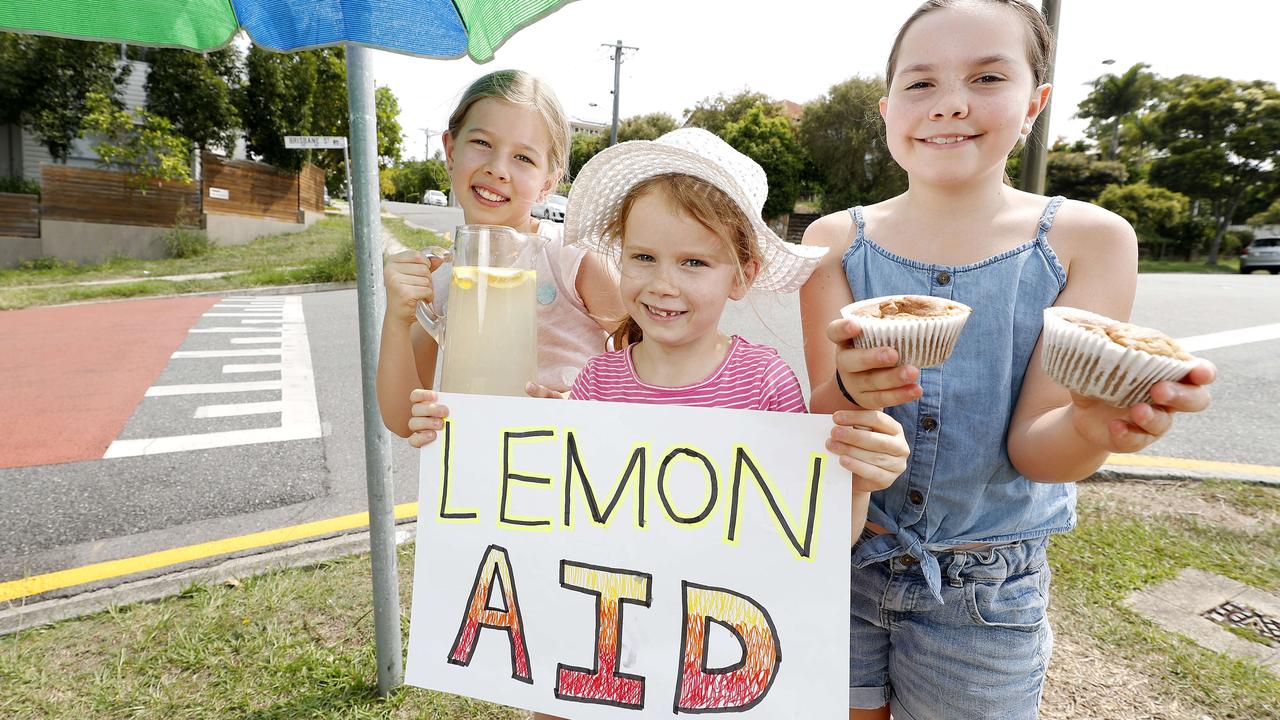Giving Part 1: Why giving is good
PART 1: Have you heard the saying that it is better to give than receive? It’s true in so many ways. Find out why we all win when we give

READING LEVEL: GREEN
Has anyone told you that it’s better to give than receive? In many ways, they are right. Giving is good for others – and good for you.
Lots of people need help to live a full life, for many different reasons.
Not everyone is as lucky as most people in Australia who have a home to live in, plenty of food, good health, and a school to attend.
Some people, here and overseas, are doing it tough. They might live with a serious disease that has no cure, or their family might be unable to afford enough food, clothes, or schoolbooks.
They might even be homeless or need to escape from an unsafe living situation.
Others live in an area hit by a natural disaster such as a flood, drought, bushfire, cyclone or earthquake.
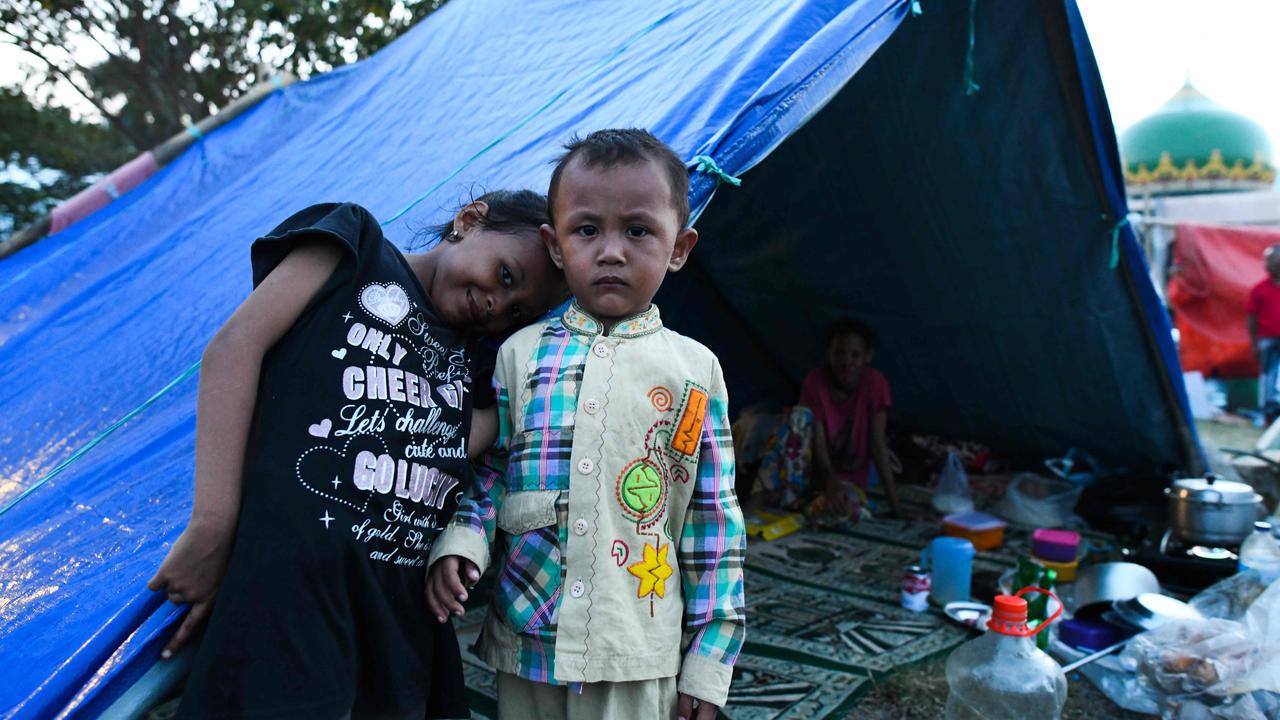
Building strong communities
Helping people is an important part of building communities and keeping them strong and connected.
Giving time, money and resources helps those who receive the assistance, and can lead to constructive* change.
Helping others is part of being a positive member of our community. It’s also healthy for you. Acts of kindness can help us appreciate how lucky we are. They teach us about caring for others, and to think and work together as a community.
On top of all that, giving provides a sense of purpose, feels great and connects us to others.
How we help those in need
Some people give on their own, by looking after an elderly neighbour, donating to a charity, or volunteering to sing at their local nursing home.
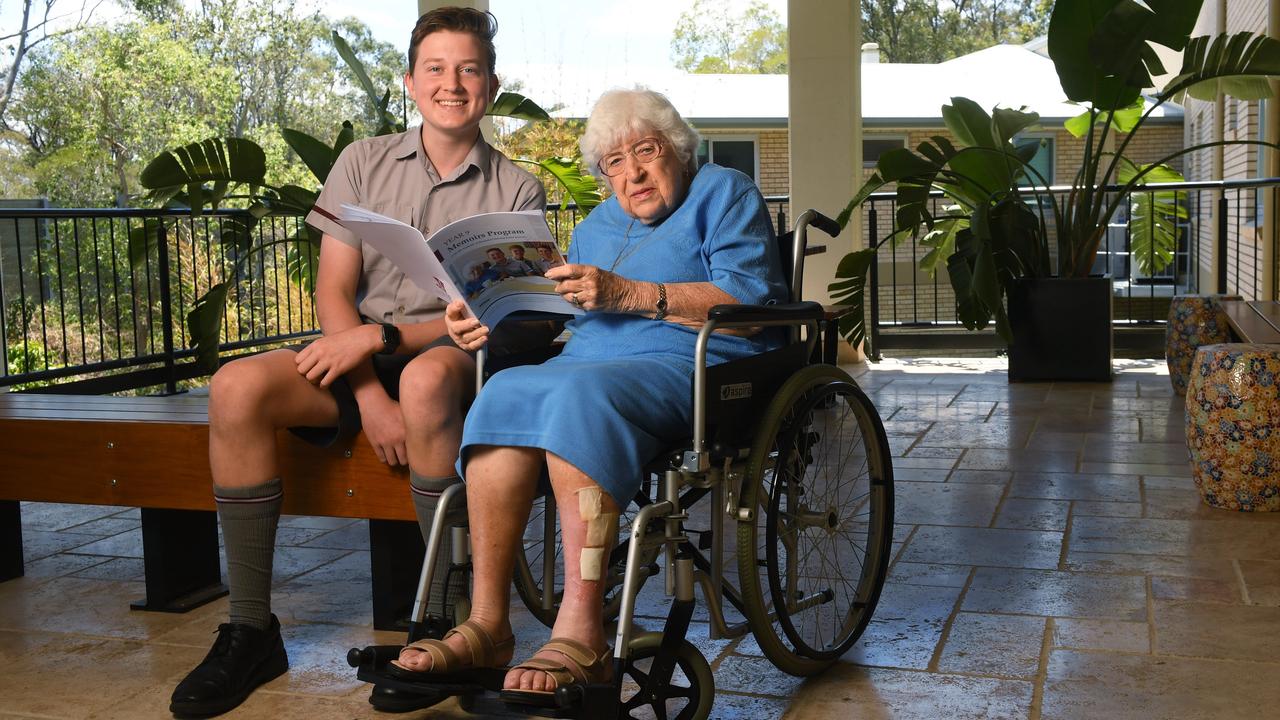
Others give their time, money or goods to a charity, church, sport, or community organisation, such as a local environmental group.
Australia has many organisations that use volunteers to help others as part of their programs.
Popular ways to give include donating household goods to opportunity shops, joining a charity fun run, sponsoring a child, or donating money to a charity, disaster relief or a fundraiser to cover someone’s medical costs.
The benefits of helping others
Raising Children Network director Derek McCormack said helping others was a good way for kids to connect with their community, learn new things and build confidence and self-esteem*.
Mr McCormack said there were lots of ways kids could help in a way that was suitable for their age and they could also do this with their family, neighbours, school and local organisations.
He said giving not only helped our community, it felt great.
“It feels good to do good for others,” Mr McCormack said. “It helps with feeling like you belong, and it helps with connecting with new friends and new role models. Even a small thing can make a difference.”
Why do we donate our time or money?
A Charities Aid Foundation report asked Australians why they gave to others.
Most donors (54 per cent) said they did so because they cared about the cause and wanted to connect with something that mattered to them.
The next most popular reason was helping those who were less fortunate (41 per cent), followed by making a difference (33 per cent).
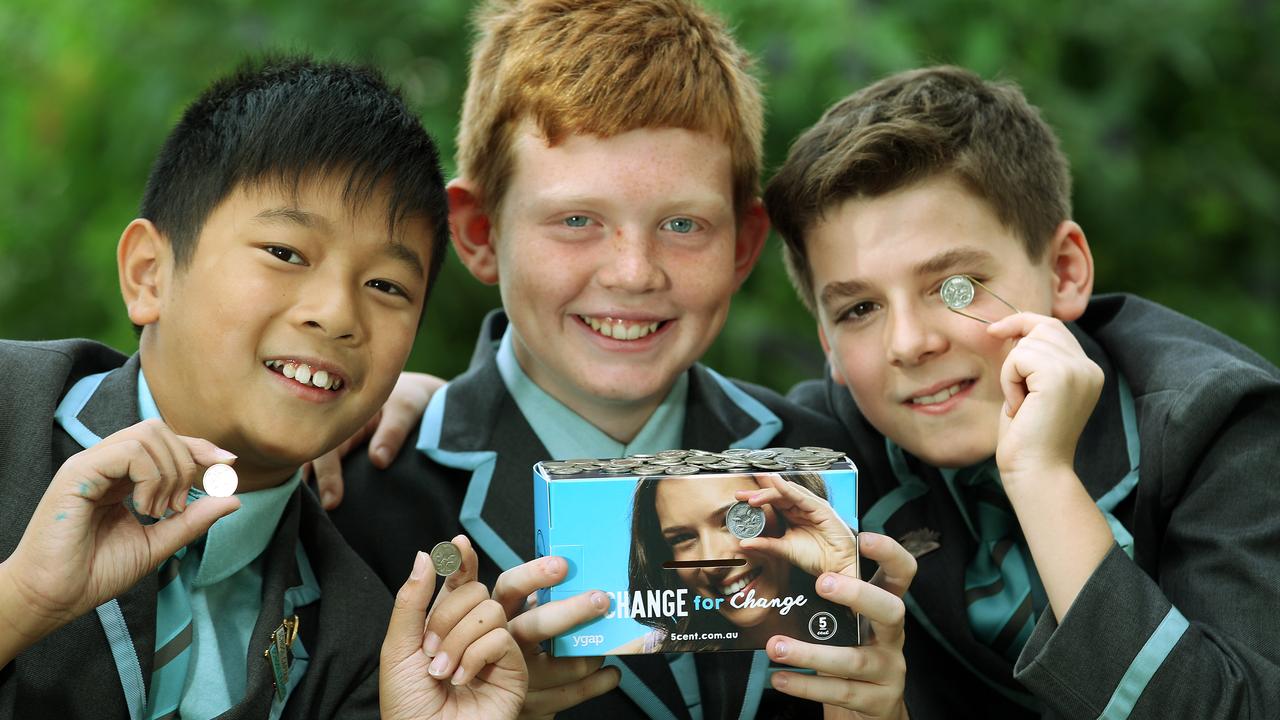
Supporting children (for example, sick children or children with disabilities) was the most popular cause (30 per cent).
Helping the poor (25 per cent) and medical research (21 per cent) were next, followed by supporting homeless people and supporting people with disabilities (both 20 per cent).
The typical amount donors gave was $80.
Doing their bit
Young people are doing their bit. Those aged 18-24 were more likely to volunteer than older people, and almost three in four people aged 25-34 had donated money in the past year.
Donors aged 18-34 were also more likely than average to support a range of causes. They included children, disaster relief, mental healthcare and human rights* protection.
Few people donated because they felt they had to. Only 7 per cent said they donated because society expected them to, and the same number did so because everyone in their family donated. This was slightly more common in people aged 25-34.
GLOSSARY
- constructive: useful, intended to help or improve something
- self-esteem: belief and confidence in your own ability and value
- human rights: basic rights and freedoms that all people should have, to do with being treated equally and fairly
EXTRA READING
Generous Aussies give for a better world
Some of the world's richest are also biggest givers
Never too young to get into giving
Brave Isla is proof of the good giving can do
QUICK QUIZ
- Name three popular ways to give.
- Name two reasons helping others is good for the helper?
- Who is the director of the Raising Children Network?
- What was the most common reason Australians donated, according to the Charities Aid Foundation report?
- What was the typical amount people donated?
LISTEN TO THIS STORY
CLASSROOM ACTIVITIES
Refer to the accompanying Giving Education Kit classroom workbook with 20 activities. It’s FREE when teachers subscribe to the Kids News newsletter.
